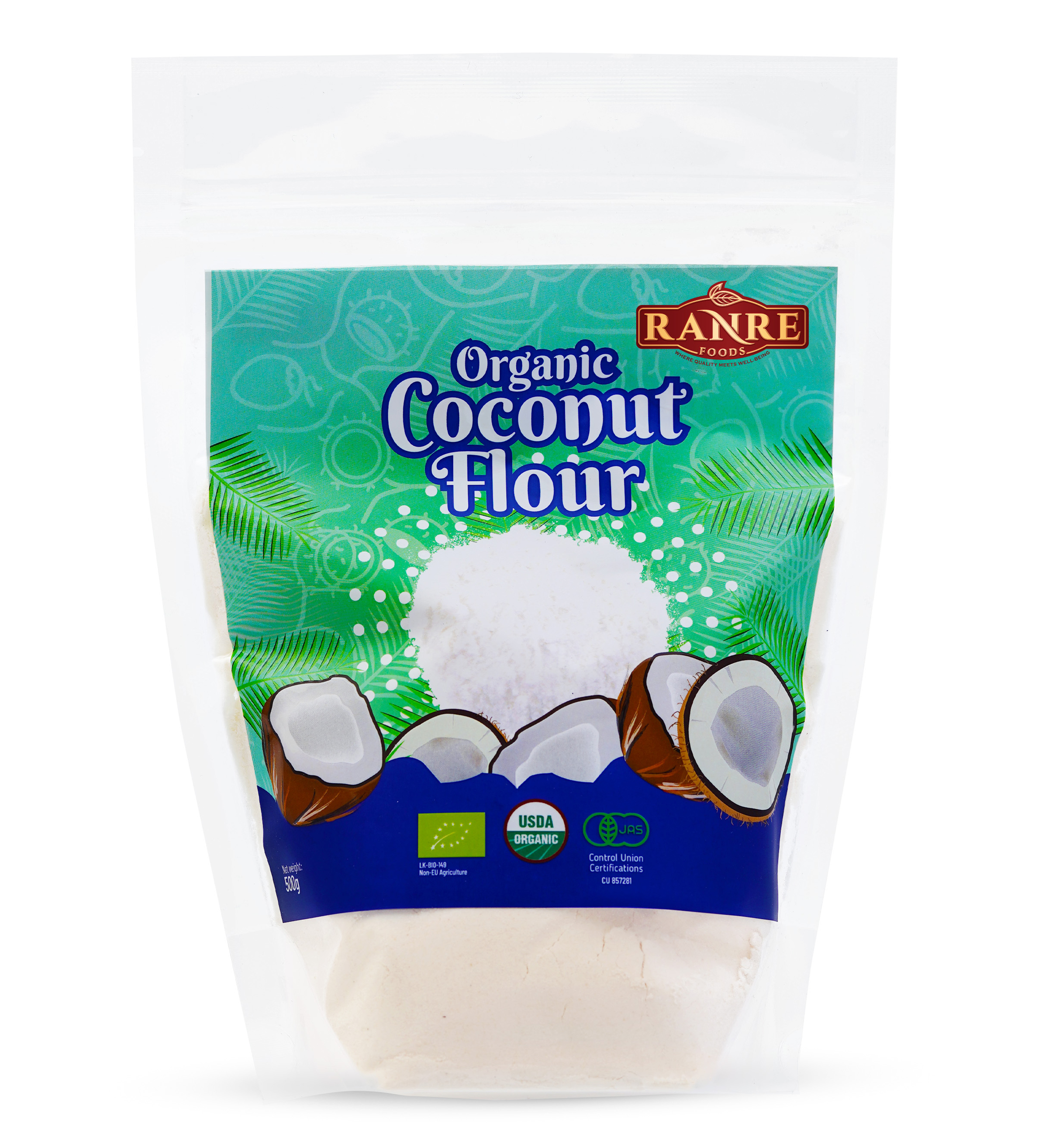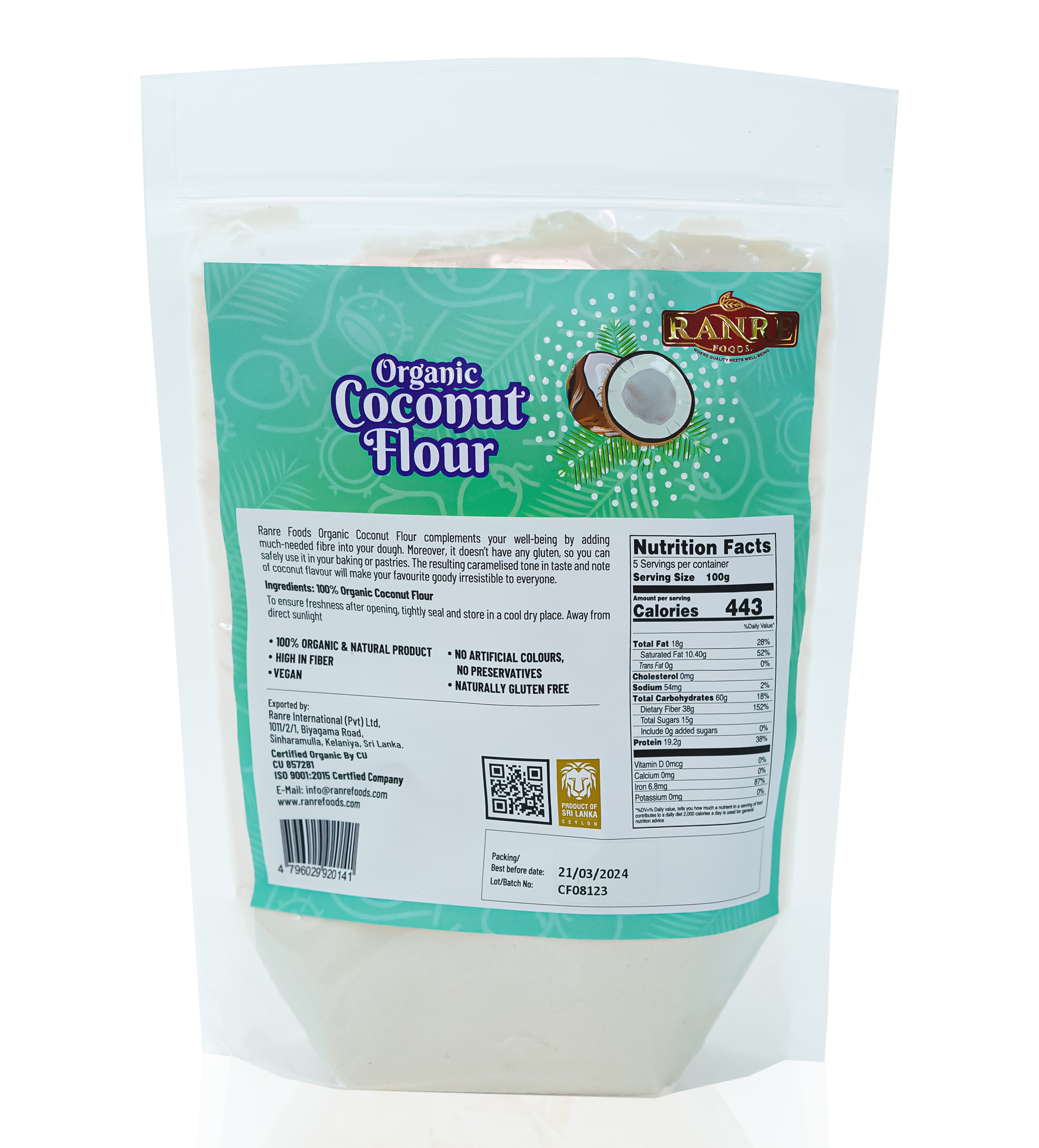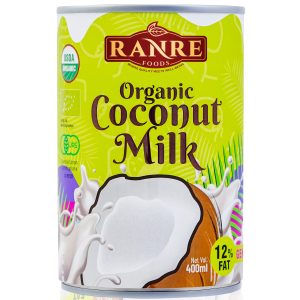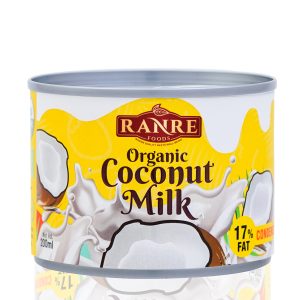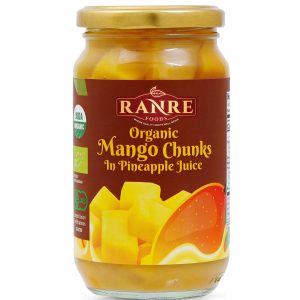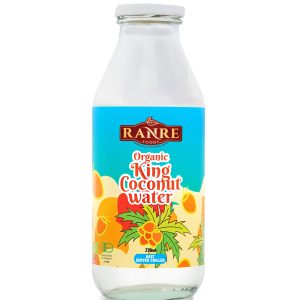Description
Organic Coconut Flour
What is Organic Coconut Flour?
Organic Coconut Flour is a second-stage product of organic virgin coconut oil production. In the first stage, the oil is extracted using the dry processing method and expelling at under 550C. The remaining coconut pulp is further cleaned and dried again to produce a coconut cake. Then the grinding begins to the set fine particle size. The temperatures are continued to be kept low. This assures the coconut flour does not lose any of its nutrients during this final stage of production.
The second stage of the production is carried out immediately after the first one of organic virgin coconut oil extraction. Thus, the Organic Coconut Flour gets all the goodness of nutrients and the rich taste from the fresh, matured Sri Lankan coconuts used. The resulting flour is well-dried and has an off-white colour with a slight yellowish hue. And the low-temperature production allows it to inherit an actual mild coconut aroma, and a slightly caramelised taste.
Organic Coconut Flour can be used in two major ways: on its own or mixed with other types of flour. In the first instance, it is commonly used in gluten-free and grain-free foods. While in second – it contributes much-needed dietary fibre to otherwise refined grain flours which have too little of it.
Generally, it can be used in many recipes, be it savoury or sweet. Organic Coconut Flour is ideal for baking. Try it out in cupcakes, bread, with a dense texture, pancakes, cookies, muffins, cinnamon buns, crepes, brownies, waffles, truffles, or other baked goods.
Due to the fact that Organic Coconut Flour is much thicker than the usual grain flour, it can be used in some other ways as well. It will add texture and subtle flavour when used as breading or to thick soups and stews. It can also be used in another way as a binding agent in meat and veggie loaf recipes or even burgers. Try it also when making grain-free wraps, or surprise your family and guests with Organic Coconut Flour pizza crust.
If you enjoy baking, you will find Organic Coconut Flour a much-needed ingredient in almost all your creations.
Is there any nutritional value in the Organic Coconut Flour?
Organic Coconut Flour is rich in dietary fibre and carries some macronutrients, among others. Modern lifestyles filled with busy day schedules often impact the diet and lead to a lack of consumption of some macronutrients. Among these, dietary fibre, potassium and iron are very important to maintain general health. The serving size of 100 grams of Organic Coconut Flour provide 443 calories and contain:
- Carbohydrates
- Dietary fibre
- Protein
- Fat
- Natural sugars
- Sodium
- Iron
The majority of the fat is made out of MCTs (medium-chain-triglycerides), namely lauric, caprylic, and capric acids. These MCTs are more easily broken down in the liver to give quick energy boosts and are less prone to be stored as fat in the body.
At the same time, it does not carry any trans fats, cholesterol or added sugar. Thus, Organic Coconut Flour is a good dietary addition, especially for those on the vegan, vegetarian, low carb and Paleo diets.
What are its benefits?
Organic Coconut Flour is gluten-free and grain-free, high in protein and insoluble dietary fibre, and has a low glycaemic index (GI). These characteristics are believed to give it some properties that are beneficial in many ways, such as:
- Promoting healthy blood sugar regulation;
- Keeping the digestive system healthy;
- Reducing the risk of constipation;
- Nourishing gut cells with small amounts of soluble and other fermentable fibres;
- Reducing heart disease risk factors;
- Reducing cholesterol and triglyceride levels;
- Promoting and maintaining healthy blood pressure levels;
- Regulating appetite and thus reducing overall calorie intake;
- Easily digested and aids in metabolism;
- Helping to lower bad (LDL) cholesterol levels.
It is suitable for those having:
- Gluten-related disorders;
- Celiac disease;
- Non-celiac gluten sensitivity;
- Digestive problems like a leaky gut syndrome;
- Nut allergy (except for those having a precise allergy to coconuts);
- Diabetes;
- Wheat allergy.
And it is a favourite choice for those on special diets, like:
- Vegan;
- Vegetarian;
- Low carb;
- Paleo;
- Gluten-free;
- Grain-free.
Enjoying the Organic Coconut Flour to its fullest.
An important thing to remember is that Organic Coconut Flour has a higher density than other types of flour. Therefore, it tends to absorb more water. It also does not bind as easily as other grain flours do. But these can be resolved easily, letting you enjoy your healthier and tastier backing.
First of all, when substituting all-purpose flour with Organic Coconut Flour in your recipes, begin with 1 to 4 proportion. In other words, substitute every 1 cup (120 grams) of all-purpose flour with 1/4 cup (28 grams) of coconut flour.
Also, adjust your liquid by adding it proportionally to the coconut flour used. As an example, you will need to add an additional 1/4 cup (60 ml) of liquids for every 1/4 cup (28 grams) of coconut flour used.
And to get the fluffier and much loved softer texture in your end products, add eggs. Follow the same formula as for liquids: 1 additional egg for each 1/4 cup (28 grams) of coconut flour.
Ranre Foods is certain that following these simple steps will benefit your well-being and your culinary creativity, adding more flavour and aroma to your life.


